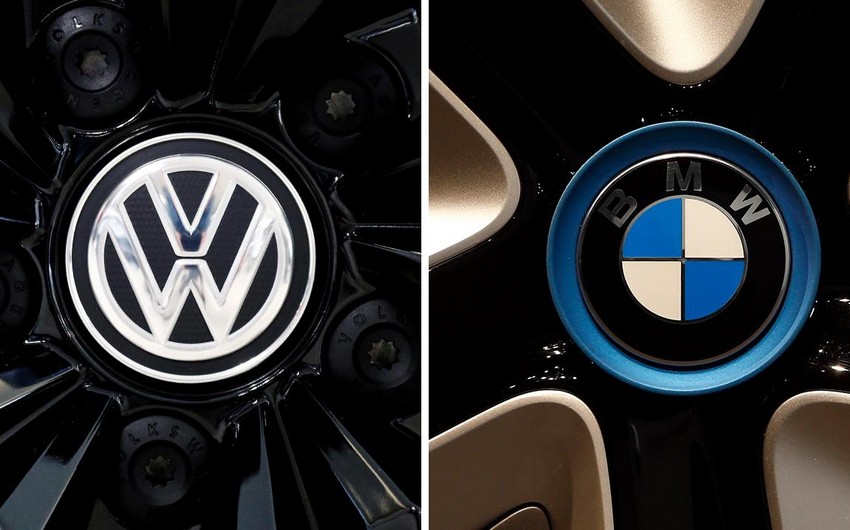BMW and Volkswagen have both been forced to idle plants across Europe after Russia’s military action forced Ukrainian wiring plants to shut, Report informs referring to Financial Times.
Now the country’s fledgling auto industry, which boasts close to 40 parts factories, is at risk, as carmakers race to relocate or duplicate the bespoke equipment needed to make harnesses.
The country accounts for about a fifth of Europe’s supply of harnesses, which also come from other parts of eastern Europe as well as north Africa, according to estimates from AutoAnalysis.
“The problem with wire harnesses is that they are fundamental,” said Alexandre Marian, a managing director at consultancy AlixPartners in Paris. “You cannot start assembling even an incomplete car without wire harnesses.”
Unlike other parts that can be easily made elsewhere, harnesses are bespoke. Each car model has its own individual system, honed to the millimeter, so manufacturers can squeeze wires around the vehicle.
Herbert Diess, VW chief executive, said: “In our case, as we are positioned in premium or close to premium, most of the wiring harnesses we put in the cars are car specific. So, it’s a one-to-one relation.”
“They are a mix of different cables, you cannot put all 100 pieces together in a box and send it over,” explained one person familiar with the process. “They are a big transportation problem.”
VW’s Diess said: “Currently, we are… trying to get the most out of the wiring harness production in the Ukraine, but in parallel, right from the start of the conflict, we started to work on alternatives, which are on the way.”
Those alternatives include shifting equipment, which is difficult with unreliable border crossings, or replicating it from scratch, which is expensive and takes time.


 https://static.report.az/photo/4b9805cc-dd8a-3241-862c-cf8383b9434c.jpg
https://static.report.az/photo/4b9805cc-dd8a-3241-862c-cf8383b9434c.jpg

